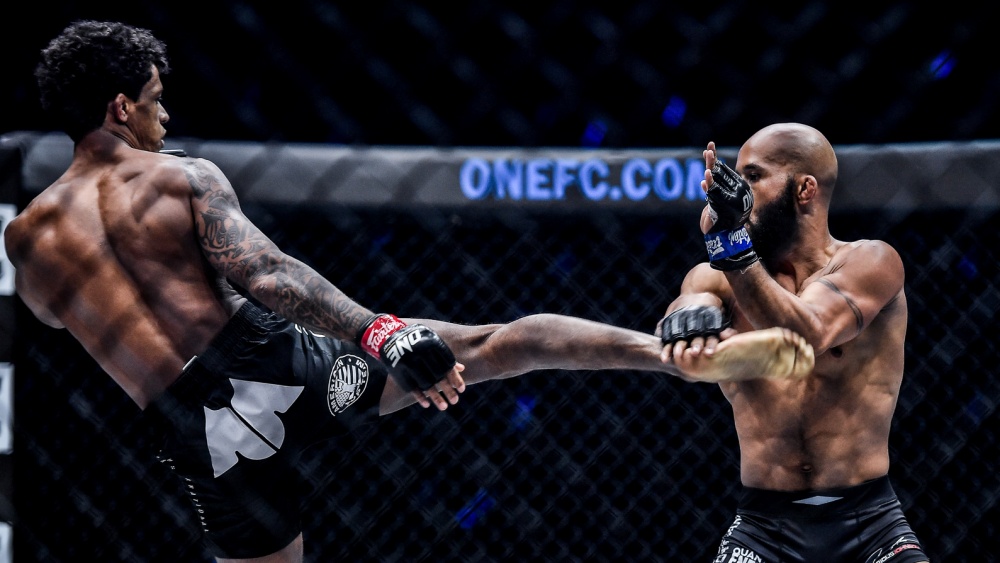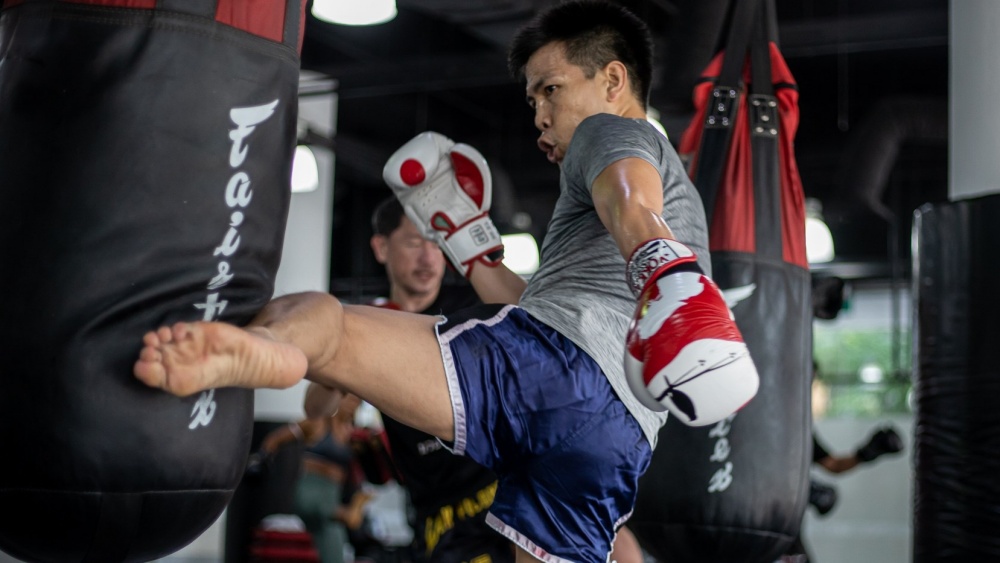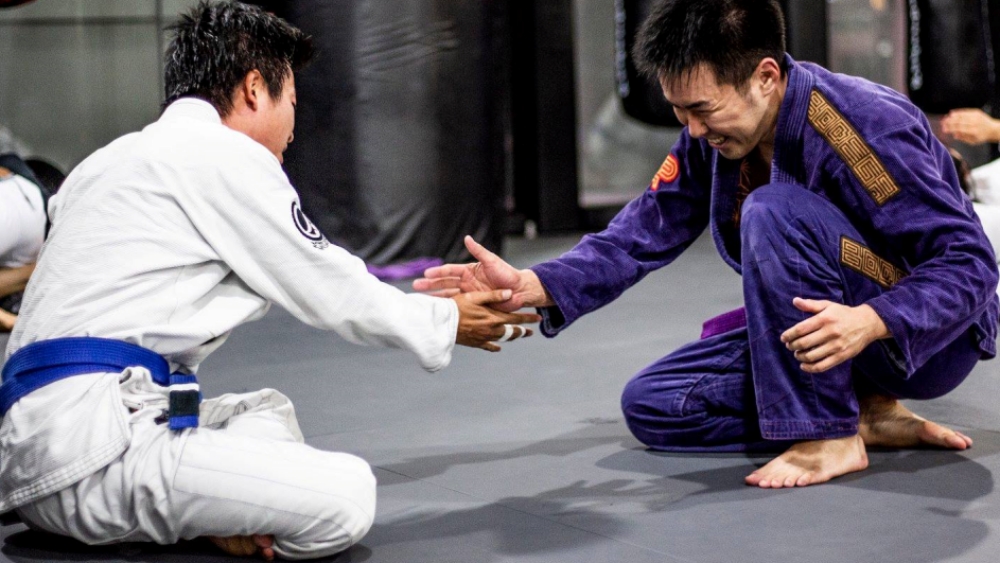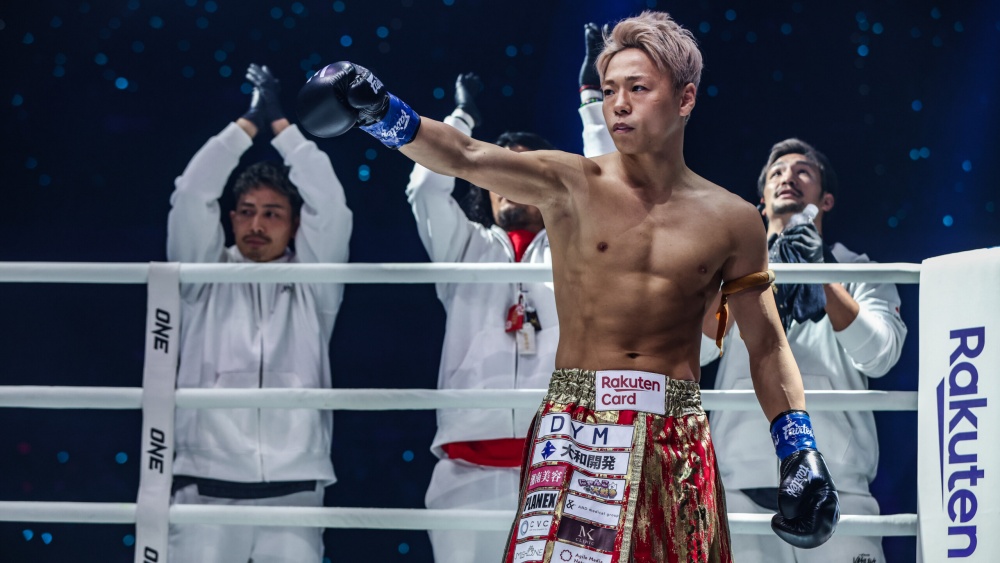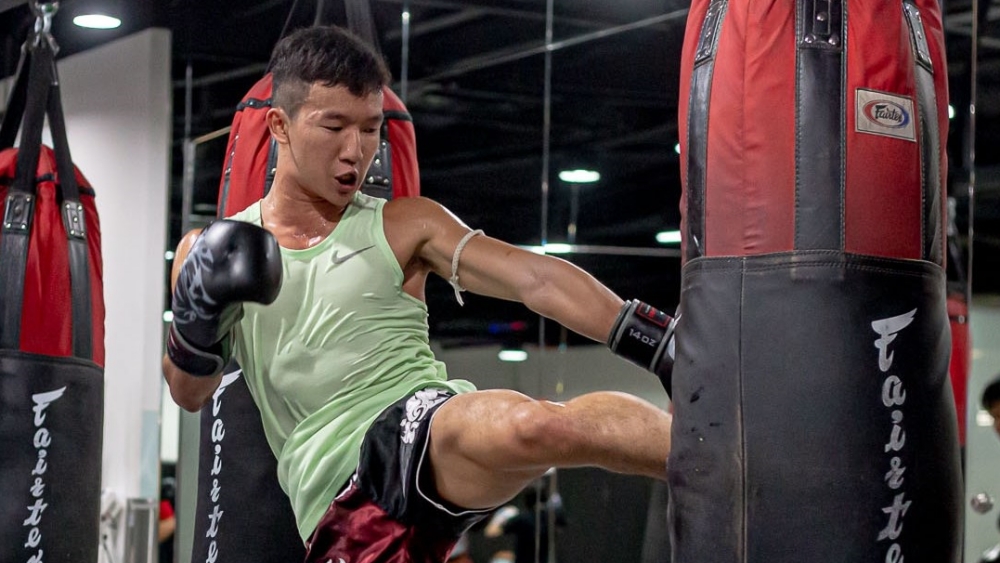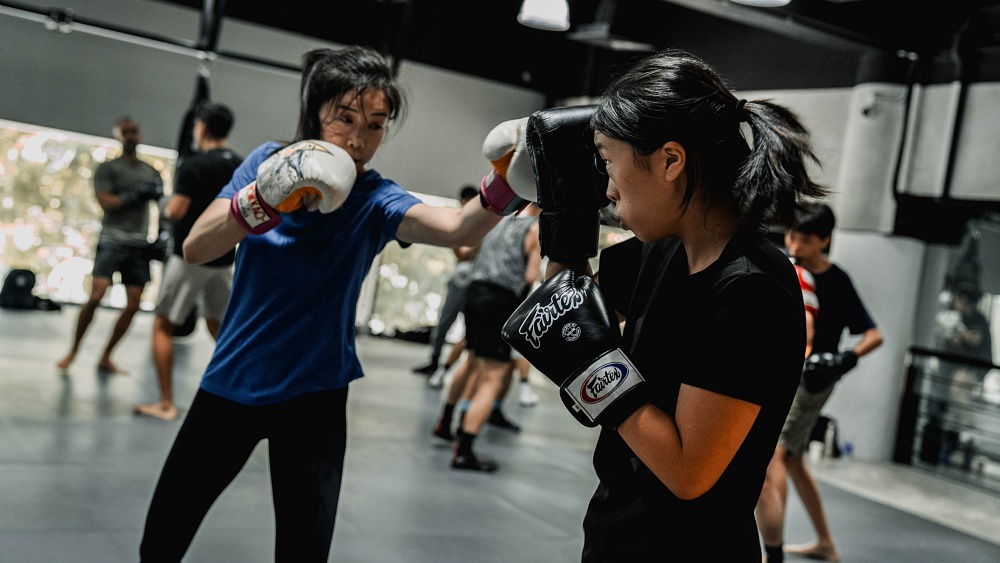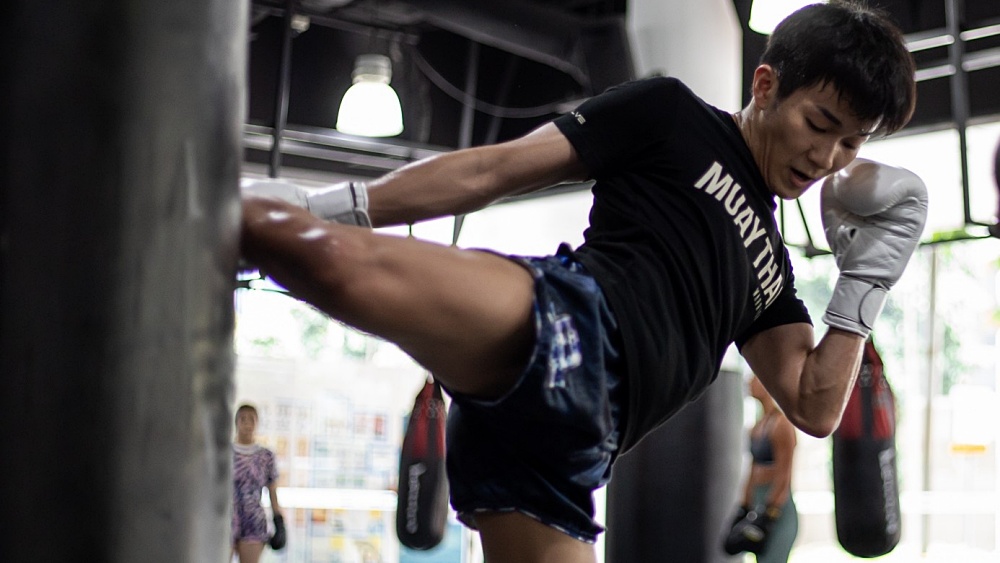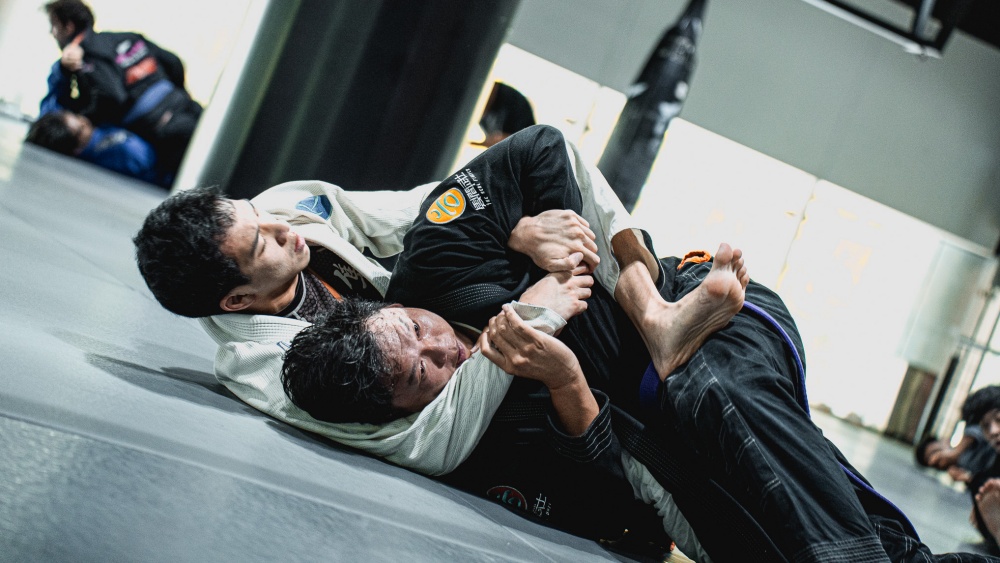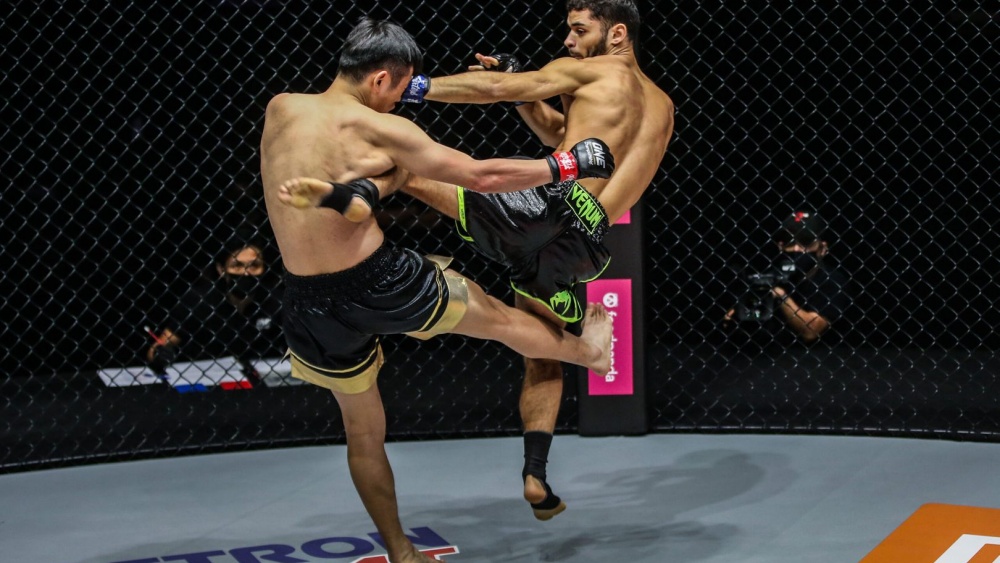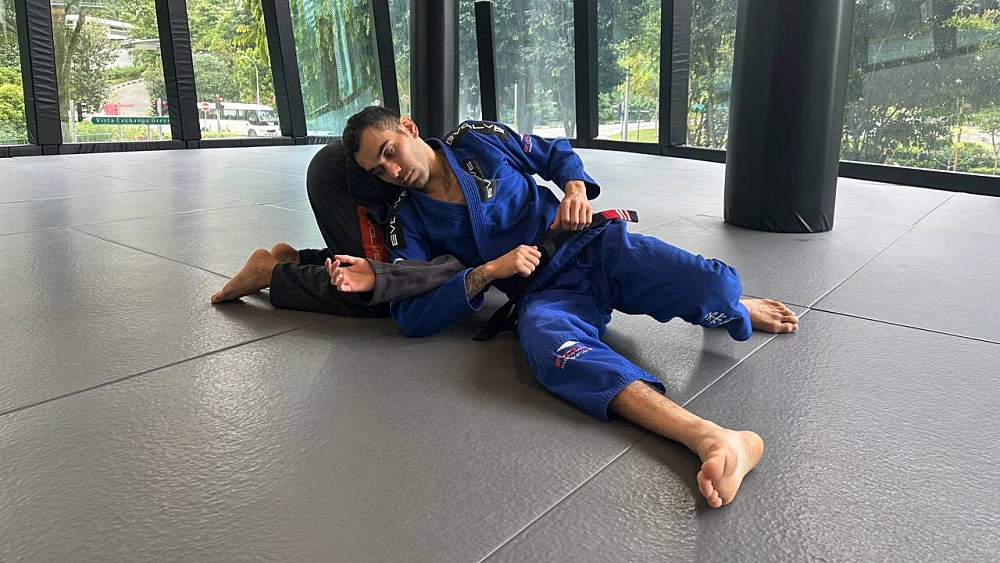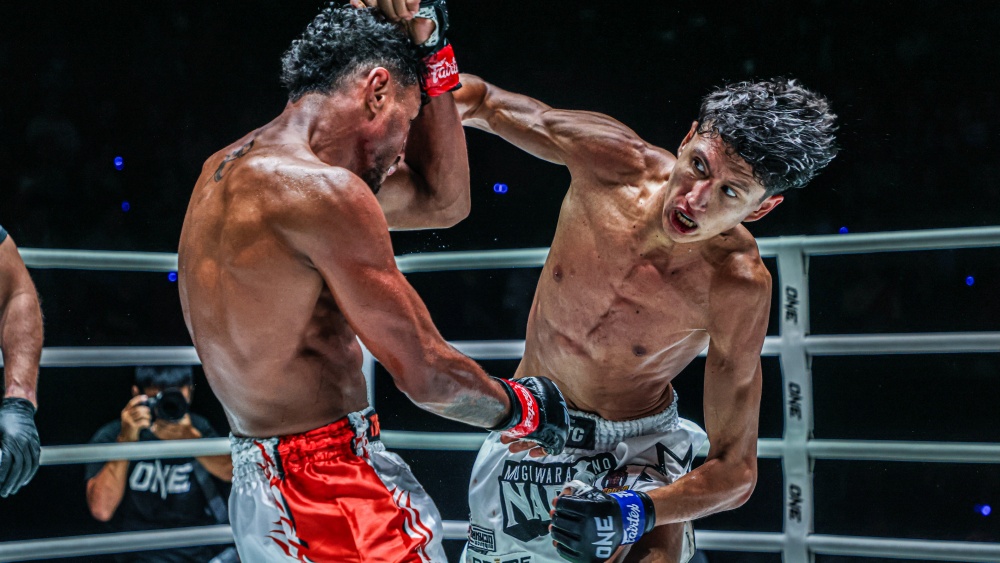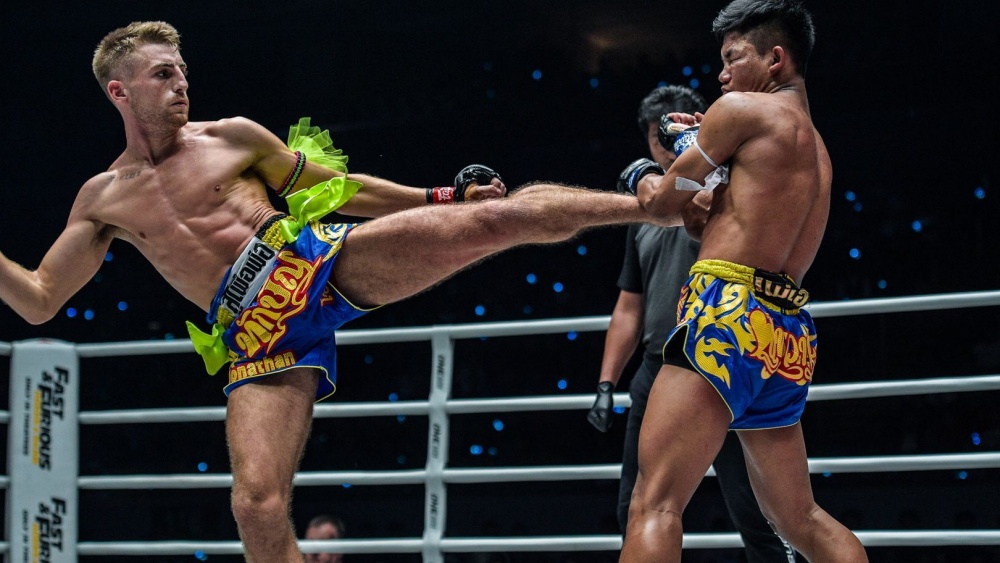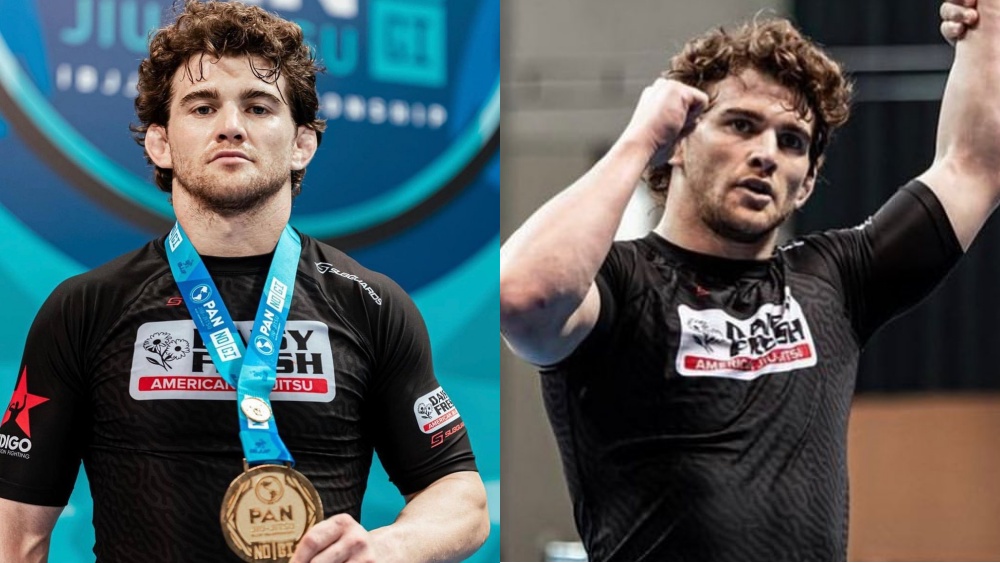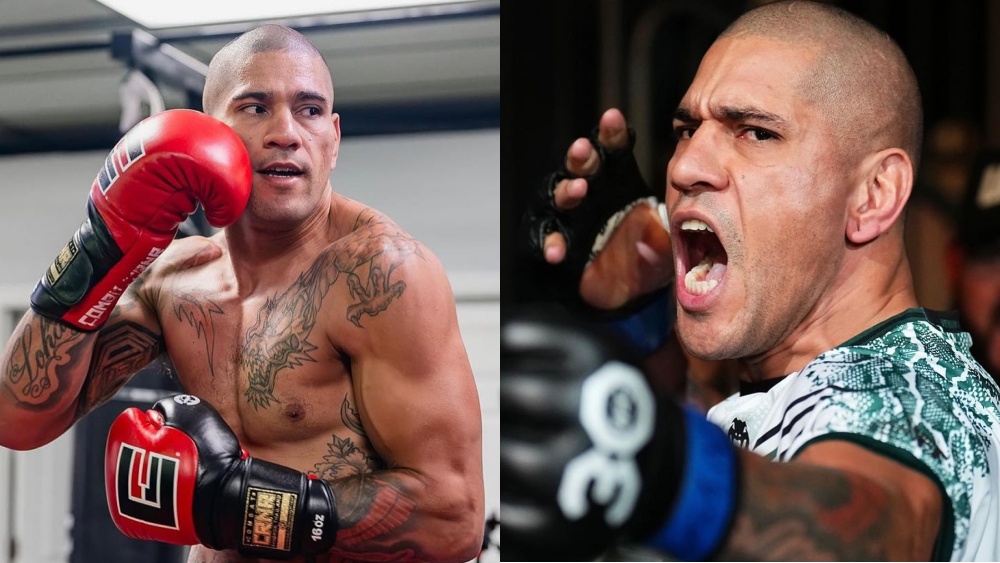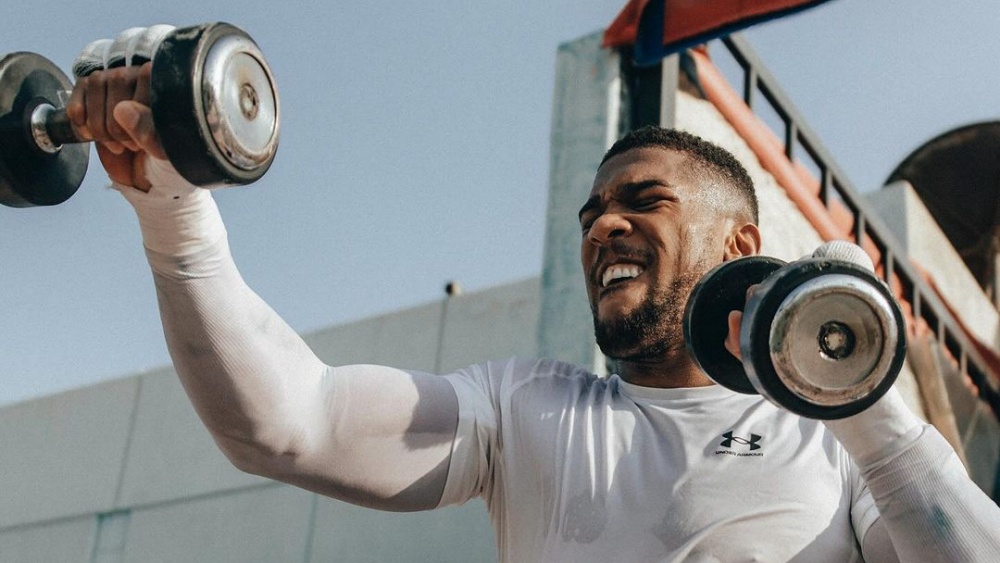Talk to any seasoned martial arts athlete, and they’re typically quick to let you know that a massive portion of fighting is mental. Some attribute up to 80 percent of their performance to their mental state.
Combat sports are different from most sports since they aren’t things you play. For example, you can play a game of basketball, but there’s no such thing as playing boxing. The tone when competing in combat sports are typically more serious as compared to the usual carefree, playful attitude during a friendly sparring round. You need to focus entirely on the task at hand, being one step ahead of your opponent to emerge victorious.
Understanding Fight Psychology And The Effectiveness Of Mind Games
Mental toughness is a must in combat sports. Fighters must prepare their minds as much as their bodies heading into each competition. Fighters must be mentally strong enough to force their brains not to focus on pain during competitions. They must also be incredibly confident in their odds of emerging victorious, and it’s a form of confidence that borderlines optimistic delusion. A fighter who goes into a competition doubting their abilities is unlikely to perform to their best abilities.
Your mind is your best friend or worst enemy in combat sports. That’s why you must take extra steps to understand how your brain works to get it in optimal condition for fight days. Your mentality is what makes you a fighter. Sports like mixed martial arts, boxing, Muay Thai, and Brazilian Jiu-Jitsu might look like intense contact sports, but there are just as many mind games going on as you would find in a poker game.
For example, most professional fighters have excellent poker faces. It’s a must for anyone who plans to compete at a high level. A good poker face can be the difference between winning or losing a fight. We’ve all watched fights where fighter A lands a devastating blow on fighter B but doesn’t follow up on it. It’s often because fighter B has a good poker face, so fighter A doesn’t realize how badly they were hurt by the strike. A simple grimace would have alerted fighter A that fighter B was compromised, and they would probably look to attack with the same technique again if they realized how effective the first strike was.
That’s why having a poker face is so important in combat sports. You must hide any signs of weakness, like being hurt by a strike or feeling fatigued. An opponent figuring such things out during a fight gives them a mental edge over you. Having a good poker face often forces opponents to abandon effective techniques because they think they’re ineffective.
To develop a good poker face, fighters must be mentally strong enough to ignore pain during their fights and focus on other things. That’s easier said than done though. It takes years of experience to reach a point where you don’t notice pain during competitions.
Combat sports athletes must also learn to manage the emotional rollercoaster that comes with fighting. Stakes can be extremely high, so losing hurts more than it does in other sports. For example, MMA fighters are typically only as good as their last few performances. Lose a few fights, and opportunities like sponsorships might start to disappear.
Fighters have to deal with this type of pressure during their competitions. Many focus on delivering their best performances instead of the outcome of competitions so they can compete without feeling the pressure of the event and what it might mean for their careers.
Mind Games In Combat Sports
Let’s take a look at some of the mind games played in combat sports:
1) Trash Talk
Trash talk is the combat sports version of bullying. Sure, it sounds strange to think of combat sports athletes as victims of bullying, but that is the goal of playing mind games with an opponent. Trash-talking is about verbally abusing opponents while hiding behind the rules in virtually all combat sports that forbid combatants from fighting until their event.
The trash talker pushes their opponent’s buttons, knowing the chance of their opponent physically responding is low. It’s the same thing schoolyard bullies do; they pick on the kid least likely to respond physically.
Conor McGregor‘s title fight against Jose Also is one of the best examples of how effective trash-talking can be in combat sports. He relentlessly went after Aldo leading up to their championship fight, calling him every name in the book and making physical contact a few times. For instance, during a pre-fight interview, McGregor, who was seated behind Aldo by the show’s producers, rubbed Aldo’s head as he took his seat. It was disrespectful but it didn’t go against the golden rule of not fighting before scheduled competitions. It was enough to get Aldo to jump out of his seat to confront him.
It was little moments like these that McGregor used to get under Aldo’s skin. It was a level of disrespect rarely seen from challengers toward champions. He snatched Aldo’s belt off a table during a press conference, called him every insult you can imagine, and touched him in disrespectful ways multiple times. He never hit Aldo or broke any rules, but he did enough to get Aldo to break from his usual character.
Aldo insisted McGregor’s insults did not affect him heading into the fight, but it was apparent that wasn’t the case as both fighters made their way to the cage. McGregor couldn’t have been any more relaxed. He was enjoying every second of the entire MMA world watching him. Aldo was unusually anxious. He could barely stand still and seemed to feel the moment’s pressure. McGregor threw a few more insults as the ring announcer introduced both fighters as icing on the cake.
Aldo came out recklessly and aggressively as he tried to take McGregor’s head off with a hook. McGregor pulled back and landed a hard left hook, bringing Aldo’s legendary reign as the UFC’s featherweight champion to an end 13 seconds into the contest.
2) Intimidation
There’s no better example of intimidation in combat sports than Mike Tyson during his prime. A ferocious power puncher with insane speed, head movement, and pressure, many of his opponents would lose their fights before they ever stepped inside the ring.
His reputation as one of the sports’ scariest punchers, his sometimes unpredictable behavior, and the stone-cold killer look he had on his face as he walked to the ring were enough to make most people’s legs buckle.
Some boxers were so scared to step inside the ring with Tyson they tensed up as soon as the opening bell rang, making their movements and punches stiff. That only made it easier for Tyson to put them away early. Most of Tyson’s losses were to fighters like Buster Douglas and Evander Holyfield, who weren’t intimidated by his power or persona.
3) Misdirection
Misdirection is another common way fighters play mind games with their opponents. It’s about making them expect one thing on fight night and doing something completely different. Some fighters do this with their words, while others do this with their reputations.
For example, Floyd Mayweather came out unusually aggressive during his super-fight against Manny Pacquaio, landing hard shots often during the first few rounds. That probably wasn’t what Pacquaio trained for during his camp since Mayweather is typically a defense-first fighter who prefers to stay on the outside.
It was a successful strategy that paid dividends for Mayweather. He won the first three rounds on all three Judges’ scorecards, giving himself a comfortable lead Pacquaio couldn’t overcome despite the fight being more competitive during the latter rounds as he made the necessary adjustments. Floyd only won five of the remaining nine rounds on two of the judges’ scorecards after Pacquiao adjusted.
That’s an example of a fighter using misdirection based on their reputation to surprise an opponent with a tactic they aren’t prepared for.
Fighters also use their words to manipulate what their opponents expect on fight day. For example, an MMA fighter might talk about looking forward to standing and banging with an opponent, only to use a wrestling-heavy approach on fight day.
Dealing With Mind Games
Mind games can be an effective tool that gives you an edge during competitions, but they don’t work on everyone. Most fighters know better than to let an opponent’s trash talk get under their skin or place too much value in what an opponent says their game plan is. Stand your ground when confronted with trash talk, focus on the upcoming contest, and it won’t affect your performance in any way.
You lose the game when you break away from your usual character and start behaving differently to their taunts.
You may also like:
Training & Harnessing The Power Of Your Mind For Combat Sports
